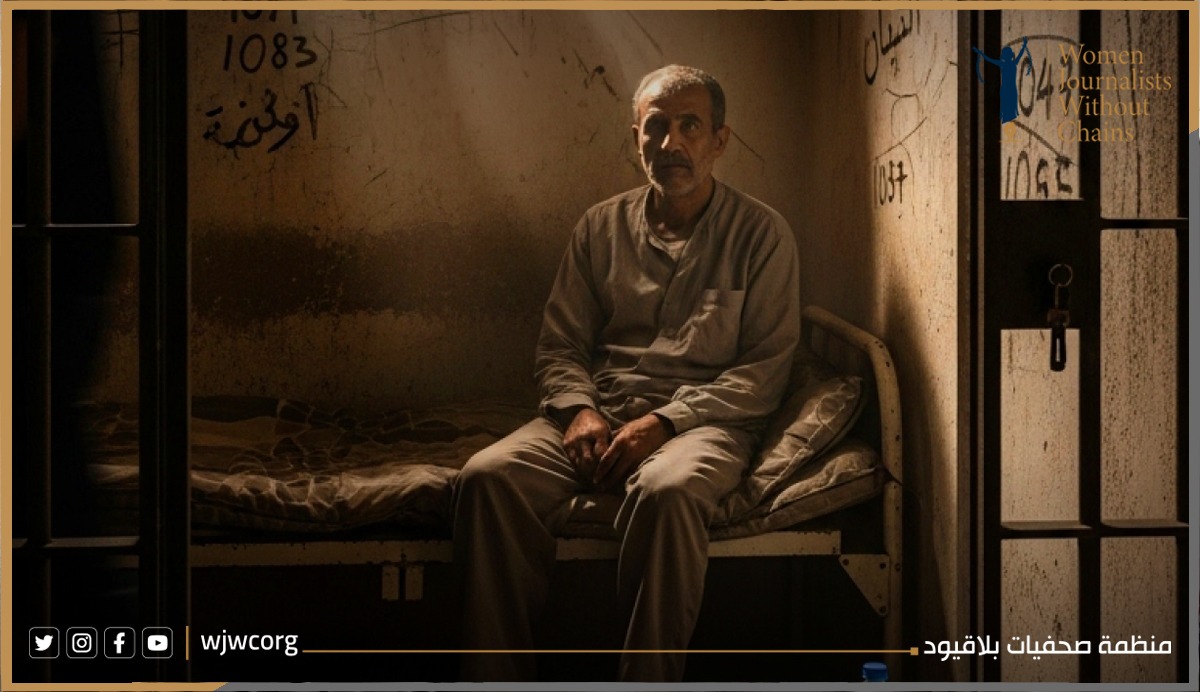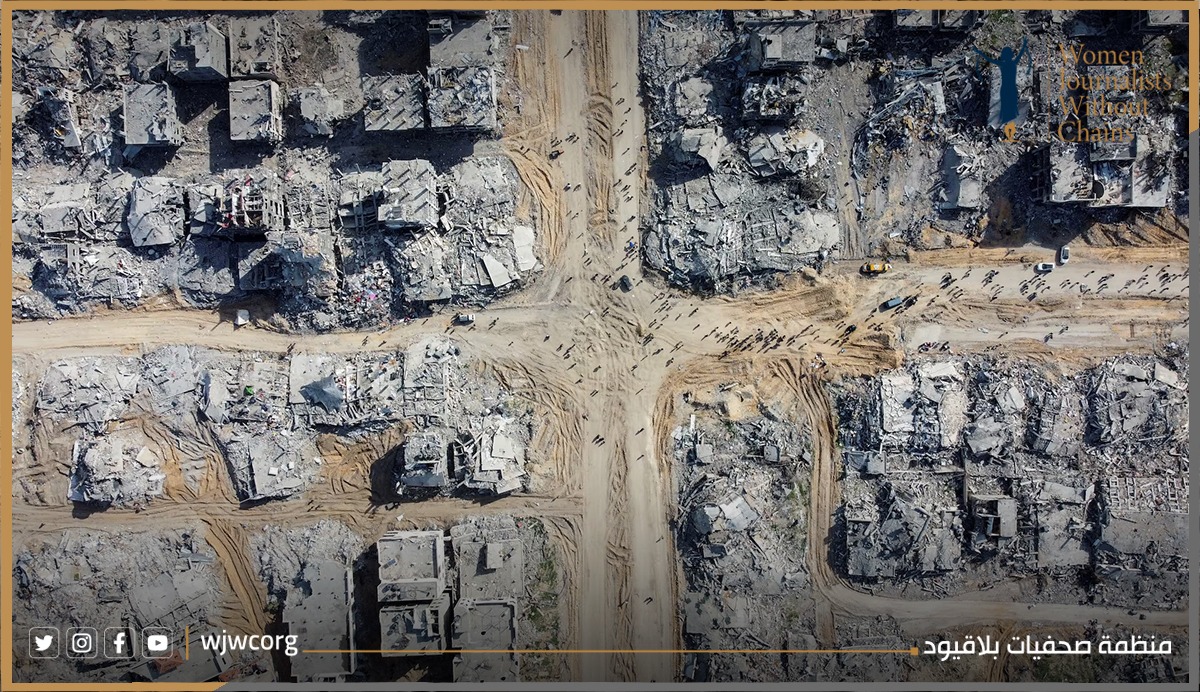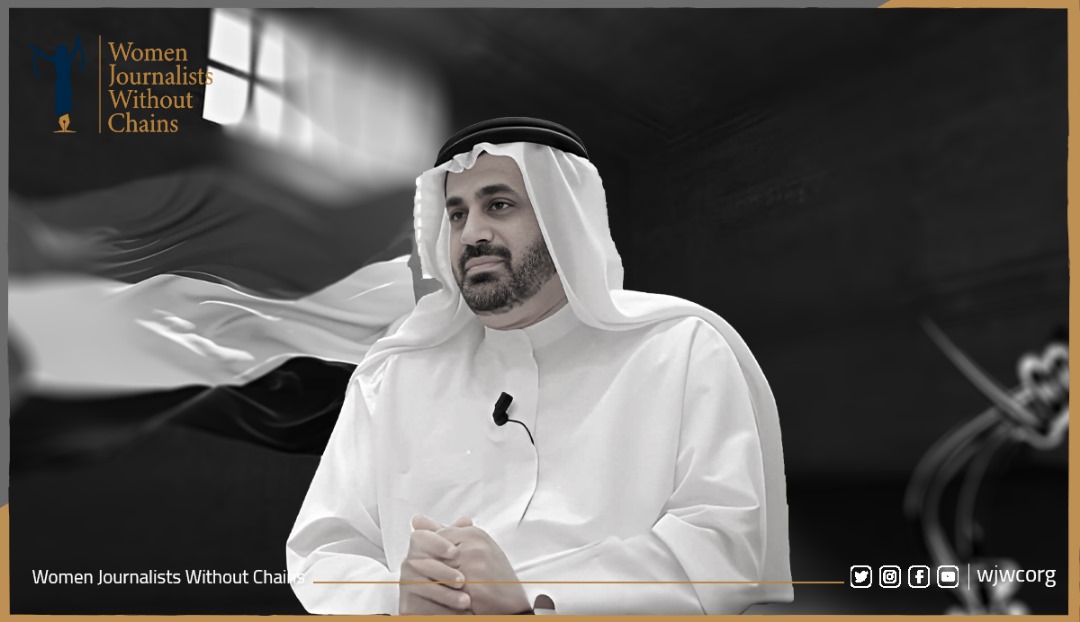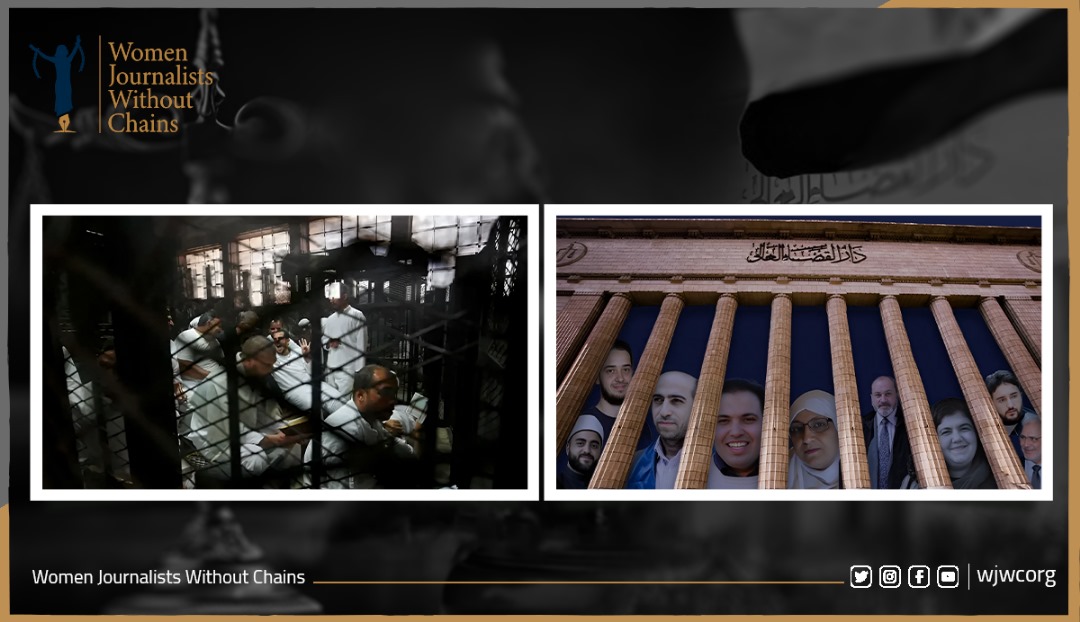Women Journalists Without Chains (WJWC) has published a comprehensive human rights report titled “Prisons Without Keys: How Egypt’s Detention System Kills Life, Rights, and Hope”, shedding light on the severe and ongoing abuses faced by tens of thousands of political detainees in Egypt since 2013.
The report documents the deaths of at least 1,160 detainees over the past decade, with 74% attributed to deliberate medical negligence. Over 60,000 political prisoners—including women, children, journalists, and human rights defenders—remain in detention, many without trial or on vague charges. The report highlights the use of ambiguous legal accusations as a systematic tool of repression within the Egyptian judicial system.
Based on over two years of fieldwork and legal research, the report provides an in-depth analysis of prevailing patterns of abuse, notably the widespread use of arbitrary pretrial detention. WJWC describes this practice as a form of prolonged punishment without judicial verdict. The organization has also documented more than 941 cases of so-called “recycled detention,” in which detainees are re-imprisoned under new charges without legal justification—a process WJWC identifies as a systematic evasion of justice.
Key findings reveal that 90% of pretrial detention renewal hearings last less than three minutes, typically conducted without the presence of a defense attorney, transforming these procedures into tools of punishment rather than justice. The report further includes first-hand accounts of grave violations inside notorious detention centers such as Scorpion and Badr 3 prisons, including medical neglect, torture by electric shock, suspension, solitary confinement, sleep and food deprivation, as well as deaths and suicide attempts resulting from prolonged isolation and denial of fundamental rights.
The situation for women detainees is particularly alarming. The report documents cases of harassment, humiliating searches, the detention of infants in inhumane conditions, and deprivation of essential medical care and nutrition. Testimonies also recount psychological and sexual torture, in clear violation of the Convention on the Elimination of All Forms of Discrimination Against Women (CEDAW) and the Bangkok Rules on the treatment of women prisoners.
The findings are based on interviews with detainees’ families, lawyers, and former prisoners from various governorates, as well as analysis of Egyptian law, international legal obligations, and reports by major organizations including Human Rights Watch, Amnesty International, the UN Office of the High Commissioner for Human Rights, the UN Committee Against Torture, the Committee for Justice, and the Egyptian Initiative for Personal Rights.
WJWC’s key recommendations include:
· Immediate cessation of recycled detention and enforced disappearances;
· Full implementation of Article 143 of Egypt’s Criminal Procedure Code;
· Urgent improvement of detention conditions and medical care;
· Guaranteed access to legal representation and family visits for detainees;
· The launch of independent international investigations and accountability for violations potentially amounting to crimes against humanity.
WJWC warns that continued international silence serves to legitimize these grave violations, perpetuating a devastating reality behind prison walls.
Download the full report [Here].

 En
En  Ar
Ar 